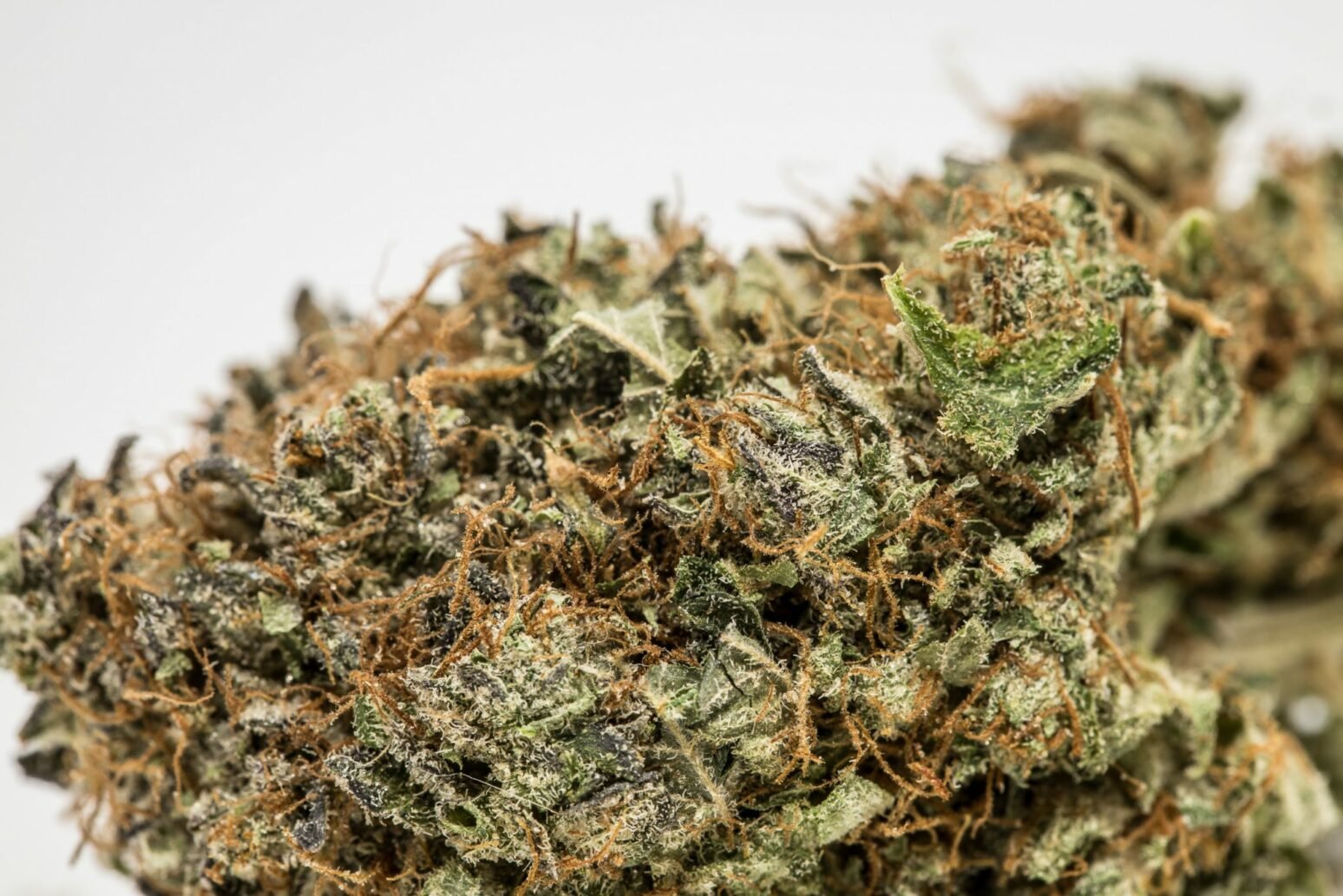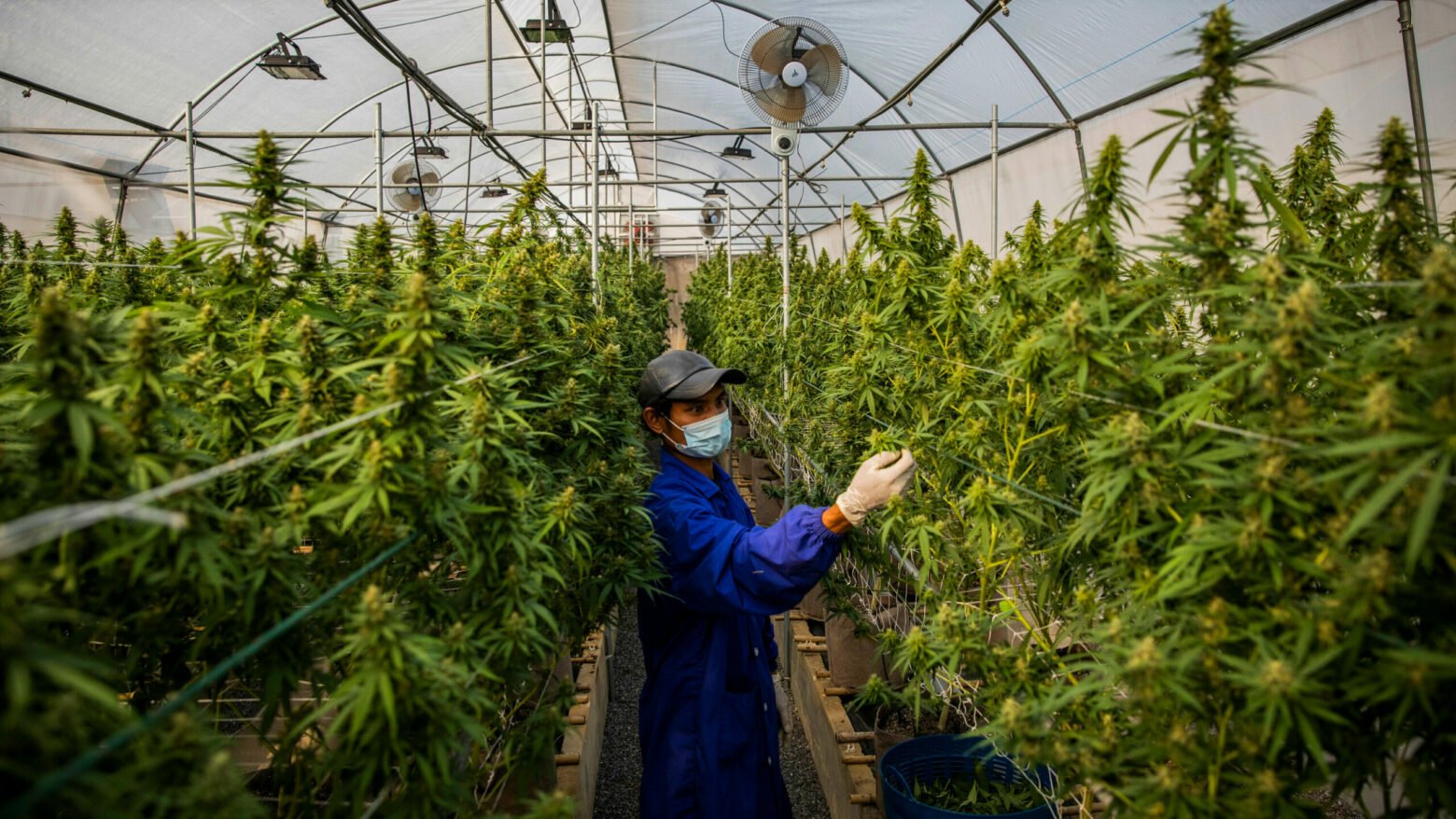What is the THC Potency in Thai Cannabis?

Table of Contents
Everyone asks us about the potency in thai cannabis. Discovering the true strength of Thai cannabis has become a quest for many. People are curious about how strong it really is. Here’s something interesting: Thailand made headlines as the first Asian country to decriminalize cannabis, changing its status dramatically.
This blog will guide you through everything from THC potency in Thai cannabis strains to legal insights and safety tips for using cannabis in Thailand. Get ready to learn all about it! Keep reading to discover more.
Understanding the THC Content in Thai Cannabis
Understanding the THC content in Thai cannabis involves exploring its history, laws, current situation, and comparing genetic data with THC levels. This provides insight into the potency of Thai cannabis and its implications.
History of cannabis in Thailand
Cannabis has deep roots in Thailand, with its use dating back centuries for medicinal and culinary purposes. Thai traditions have long embraced the plant for its healing properties and incorporated it into various traditional medicines and foods.
Over time, cannabis became a significant part of cultural practices, highlighting its importance beyond recreational use.
Legal attitudes toward cannabis in Thailand have shifted dramatically over the years. Originally accepted as part of everyday life, stringent laws later criminalized its possession and use due to international pressure in the 20th century.
This drastic change marked a period of strict enforcement against cannabis cultivation, trading, and consumption across the nation.
Laws and regulations
Transitioning from the history of cannabis in Thailand to the present, it’s important to understand the laws and regulations surrounding cannabis in the country. While once illegal, Thailand has made significant changes to its legislation regarding cannabis.
In 2018, they became one of the first Southeast Asian countries to legalize medical marijuana. The Narcotics Act was amended to allow for limited possession and use of medicinal cannabis.
Additionally, it is now legal for research purposes and industrial hemp production under strict government control.
The laws also distinguish between recreational and medicinal use – recreational usage remains largely illegal. These regulations mark a significant shift towards decriminalization but still come with tight restrictions on THC levels and licensing requirements for cultivation, extraction, and distribution related to both medical marijuana and CBD products.
Current situation
The current situation regarding THC potency in Thai cannabis is evolving as the country continues to navigate its laws and regulations around cannabis. With the recent legalization of medicinal cannabis, Thailand is embracing an ever-evolving landscape in the realm of cannabis industry.
As more research and genetic data becomes available, there is increased understanding of the diverse strains and their potency level in Thailand, shedding light on the THC content in Thai marijuana.
The complexities of navigating through regulatory frameworks are crucial underpins for both local producers and consumers seeking more than just access to varying strengths of THC content.
Genetic data and THC content comparison
In the THC content comparison, genetic data plays a crucial role in determining the potency of Thai cannabis strains. Cannabis breeders analyze the genetic makeup of different strains to understand their potential THC levels.
By comparing this data, they can identify which strains are likely to have higher or lower THC content, helping consumers make informed decisions about the products they choose.
Furthermore, comparing THC content across different Thai cannabis strains provides valuable insights into the varying potencies available in the market. This information empowers users and regulators with a better understanding of the range of THC levels present in different products, contributing to safer and more controlled consumption practices in Thailand’s evolving cannabis industry.
What You Need to Know about Using Cannabis in Thailand
When using cannabis in Thailand, it is important to be aware of possession and consumption guidelines as well as the various forms of consumption such as smoking, vaping, and edibles.
Health and safety considerations should also be taken into account, including the risks associated with pesticides and PGRs. For more detailed information on navigating the legalities and health aspects of cannabis use in Thailand, continue reading the full article.
Possession and consumption guidelines
Possession and consumption of cannabis in Thailand are subject to specific regulations. Individuals with a medical certificate allowing them to use cannabis for medicinal purposes can possess up to 30 grams at a time, while non-medical use is still illegal.
Consumption must be done in private or designated areas, and it’s important to be aware of the legal limitations on where you can and cannot consume cannabis products. It is advisable to stay informed about any changes in possession and consumption guidelines regarding THC potency levels as they may evolve over time.
When it comes to consuming cannabis products in Thailand, it’s important to understand the legal restrictions and adhere to the guidelines set by local authorities. Responsible consumption plays a crucial role in navigating the complexities of THC potency in Thai cannabis regulations.

Different forms of consumption (smoking, vaping, edibles, etc.)
Consumers in Thailand have various options when it comes to cannabis consumption, including smoking, vaping, and edibles. Whether one prefers the traditional method of smoking marijuana or is more inclined towards discreet vaping or edible forms, there are choices available.
Each method has its unique impact on THC absorption and bioavailability, influencing the overall experience for users. It’s crucial to consider individual preferences and health considerations before choosing a consumption method.
Different forms of consuming cannabis come with their own set of considerations, ranging from onset time and duration of effects to potential health risks associated with each method.
Health and safety considerations
Consumers should be aware of potential health risks associated with consuming cannabis in Thailand. It is crucial to prioritize safety by ensuring that cannabis products are obtained from reputable sources and are free from harmful contaminants like pesticides and plant growth regulators (PGRs).
Utilizing proper consumption methods, such as using quality-tested products and adhering to recommended dosages, can also mitigate health concerns.
Additionally, being mindful of the potential adverse effects of THC on mental health and cognitive function is essential. When using cannabis, individuals should prioritize their well-being by understanding the impact of THC potency levels on their overall health.
Risks of pesticides and PGRs
Pesticides and plant growth regulators (PGRs) present potential hazards to consumers of cannabis products. These chemicals, if used unsafely or in excessive amounts during cultivation, can persist in the final product and pose health risks.
Residues from pesticides and PGRs may be harmful when consumed, highlighting the importance of stringent regulations and oversight throughout the production process.
Moving forward with understanding cannabis industry advancements beyond THC potency will shed light on sustainable practices for safer consumption.
Availability and Pricing of Cannabis in Thailand
Cannabis strains in Thailand differ widely in potency and pricing, with varying THC levels and costs. The availability of different strains also affects the market price range for cannabis products.
Different strains and their potency
Different strains of cannabis in Thailand vary widely in potency. Thai cannabis is known for its high THC content, with some strains reaching up to 25% THC. Some popular strains include Thai Stick, Chocolate Thai, and Thai Haze, each offering different levels of potency and effects.
Users should be cautious when consuming these potent strains and consider their tolerance level before use.
Thai cannabis industry experts have conducted thorough research on the THC levels of various strains available in the market to provide consumers with accurate information. It’s important for consumers to be aware of the varying potencies among different strains as well as potential side effects related to high THC content.
Average THC levels
Thai cannabis strains boast an average THC level ranging between 15-22%, with certain potent varieties reaching up to 28%. These levels place Thai cannabis among the more robust and intense strains, offering users a powerful psychoactive experience.
This high potency makes Thai cannabis sought after for its strong effects compared to other strains in the region.
Cost range for various strains
The cost of different cannabis strains in Thailand varies depending on factors like potency, availability, and demand. Prices range from $10 to $20 per gram for high-THC strains, while low-THC varieties may cost around $5 to $10 per gram.
Premium strains with unique genetics and higher CBD content can be priced at more than $20 per gram due to their rarity and medicinal properties. It’s essential to consider your budget and desired effects when choosing a strain that aligns with your needs.
Conclusion: Legalization and Future of Cannabis in Thailand
The THC potency in Thai cannabis presents a complex picture due to historical, legal, and genetic factors. Understanding the regulations and guidelines for using cannabis in Thailand is crucial for safe and responsible consumption.
The availability of different strains with varied potency levels adds another layer of consideration when navigating the cannabis market in Thailand. As legalization continues to evolve, it’s important to stay informed about the ever-changing landscape of medicinal cannabis in Thailand.
Consider exploring questions around cultivation practices that influence THC content or potential future trends impacting the industry’s direction.
Unlocking these insights can provide valuable guidance for individuals seeking high-quality, potent products.


